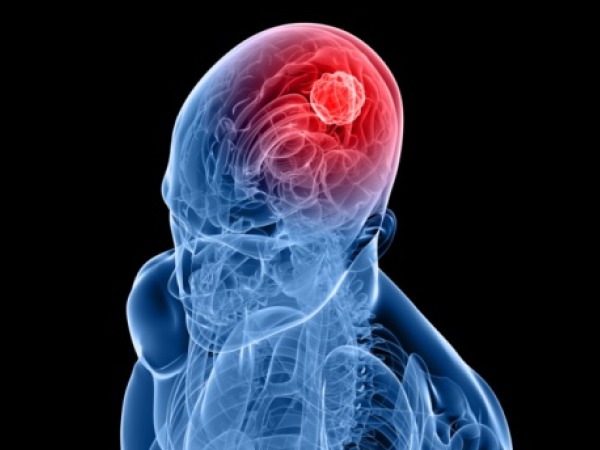How to Recognize Symptoms of a Brain Tumor

The rapid proliferation of cells in any region of the body leads to a tumor, an abnormal growth of mass that has no relevant physiological function. Tumors can develop in any region of the body, but it becomes the deadliest in the brain region. It can press against the brain, disturbing a normal brain activity and consequently causing seizures, loss of eyesight and hearing, headaches, nausea, sickness, etc.
Patients with a brain tumor develop a number of symptoms, which can easily be identified. Upon identifying these symptoms, it is extremely important to get the patient to a neurologist for further examination and possible treatment.
Instructions
-
1
Brain tumor typically leads to frequent headaches. If you are experiencing headaches too often and if they are becoming more severe, you need to get yourself checked without wasting any time. Headaches are a normal occurrence even for a healthy person during a time of stress or tiredness, but if these headaches continue to increase in frequency and intensity, this can be a sign of a brain tumor. Headaches resulting from brain tumor are normally more intense in the morning and become more intense when you perform any strenuous activity.
-
2
Seizures are another prominent sign of a brain tumor. As the tumor grows in size and begins to put pressure on certain areas of the brain, the electrical current flow from the brain can become irregular, resulting in a series of sudden and involuntary muscle contractions. This can eventually lead to numbness, speech problems, tingling sensations, loss of consciousness and distorted vision. Since seizures are a result of disruption in normal brain activity, factors other than brain tumor can result in a person having a seizure as well.
-
3
Feeling sick and nausea are also associated with brain tumor in some instances. Even though both sickness and nausea can have a number of causes, experiencing the two things along with severe headache and a history of seizures unfortunately leaves very little to doubt as far as a brain tumor is concerned.
-
4
Brain tumor patients can develop speech problem, struggle to concentrate on anything, have short-term memory loss, become irritable and get confused very easily. The type of symptoms the patient develops depends on the part of the brain that the tumor is pressing.
-
5
Deterioration of sight and hearing functions is another sign of brain tumor, which can develop if and when the tumor gets to the brain stem or meninges. Both sight and hearing initially becomes weak and eventually completely lost.
-
6
Weakness in certain parts of the body and frequent fatigue is also common in patients. If a person finds himself breathing hard, or feeling pain in their joints or others part of the body despite not having performed any strenuous exercise, there is a strong likelihood a tumor behind it.






